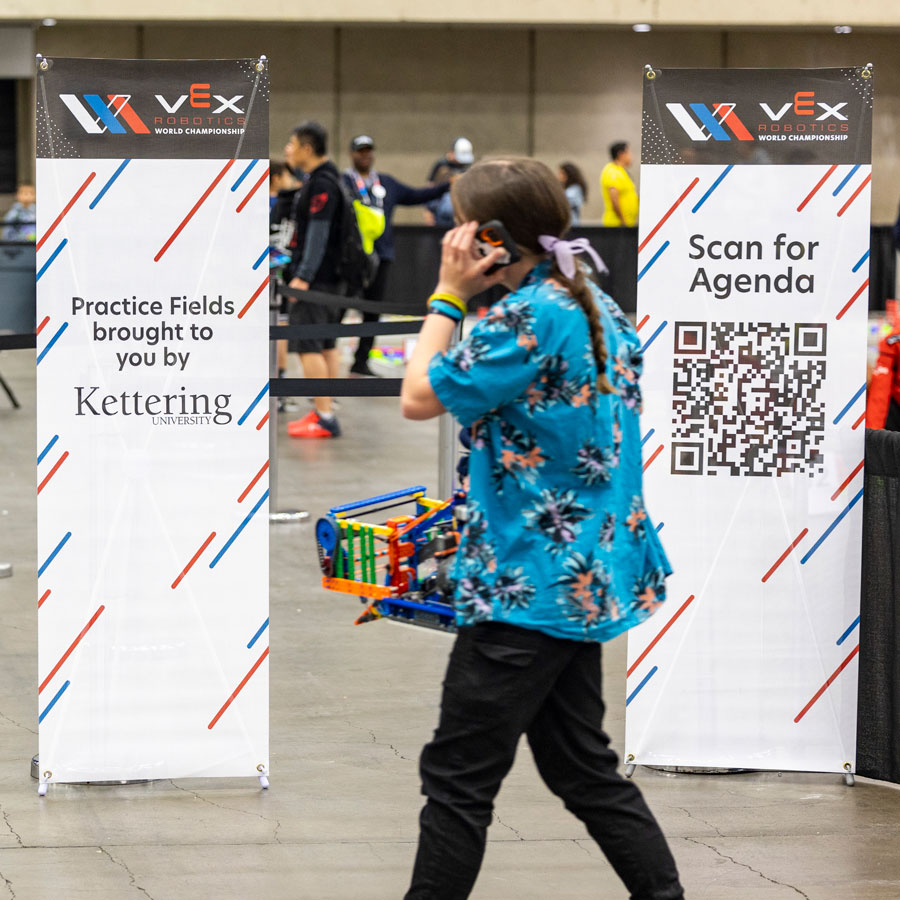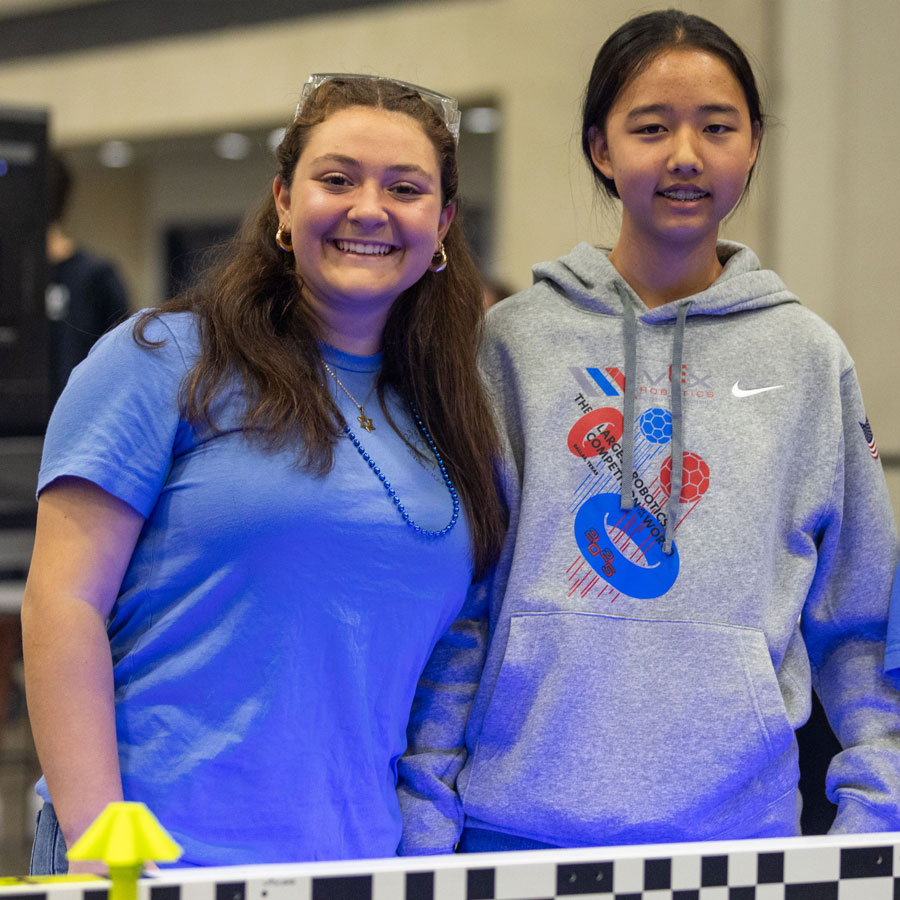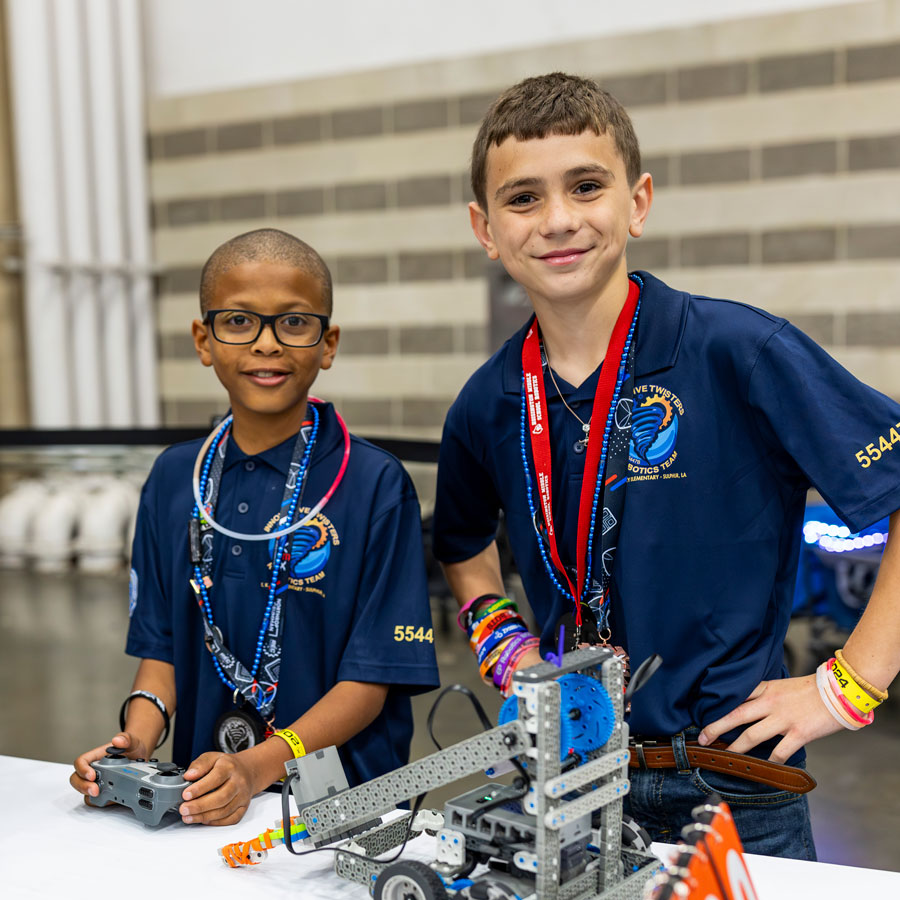

Organization: Motiv Space Systems, Inc.
State: Connecticut
How did you become interested in robotics?
Drawing and sketching art, and taking things apart or putting things together were among my hobbies while growing up. The artistic activities led to an interest in becoming an architect initially. In my junior year of high school, my interest in figuring out how “things” worked led me to choose mechanical engineering as a major area of study in college. At Howard University I developed an interest in robotics (with a view of robots as art in motion) and artificial intelligence, areas of engineering and computer science that allowed me to apply a combination of the things that piqued my interest.
What is the most challenging thing about being in your field?
The most challenging thing for me about being in the field of robotics is keeping up with and maintaining awareness and knowledge about its underlying science and technologies as the field continues to develop while rapidly advancing.
What strengths would a student need to be successful in your career field?
To be successful in robotics, students need to have a strong grasp on the technical concepts and subject matter or academic disciplines involved as well as in their ability to continue to learn new technical concepts and communicate their ideas and solutions to others.
What words of wisdom would you give to students who are interested in your career field?
My advice to any student is to identify a career, whether robotics or other, that you really think you would like, and to prepare for it and pursue it with persistence. In tough times, find help and continue to work at it. There are typically multiple ways to get around (or avoid) most obstacles; focus and perseverance will usually lead to at least one. To pursue a career in robotics, I would advise students to earn an engineering, computer science, physics, mathematics, or similar degree (and consider graduate degrees such as a master’s and/or Ph.D. in the same or related fields). In addition, I advise prospective robotics students to maintain some awareness of what is going on in the robotics field, what organizations are doing what, and to aim to understand what qualifications are needed for interesting positions in those organizations. Once in the field, striving to excel at what you do or want to do will likely keep you competitive with your peers. But striving further to be better than you are at any given time will likely give you an edge. This often includes doing more outside of school and job assignments to learn and refine skills as well as to build expertise.















